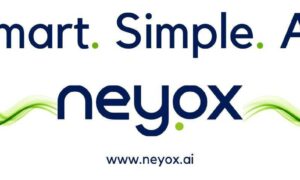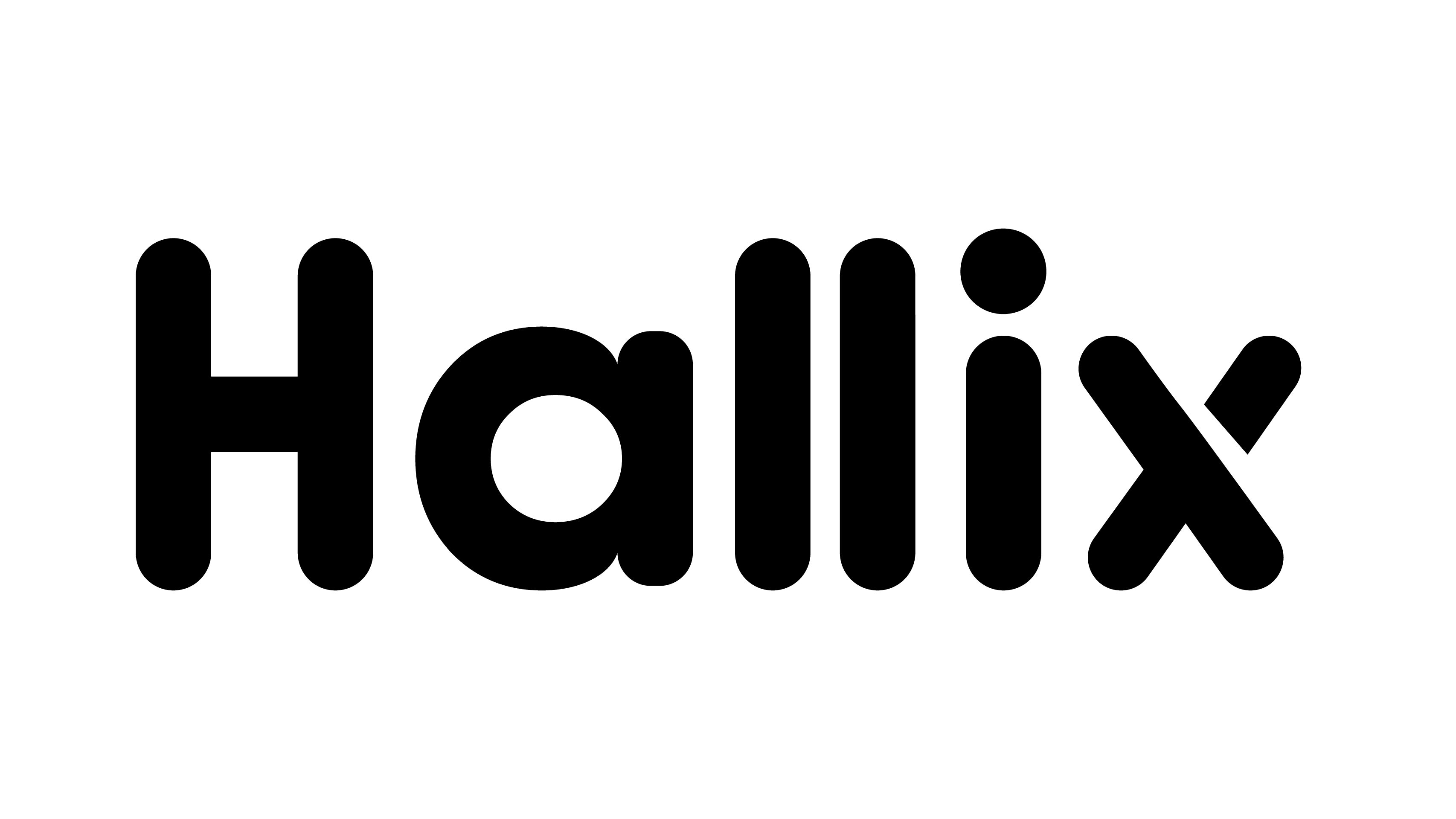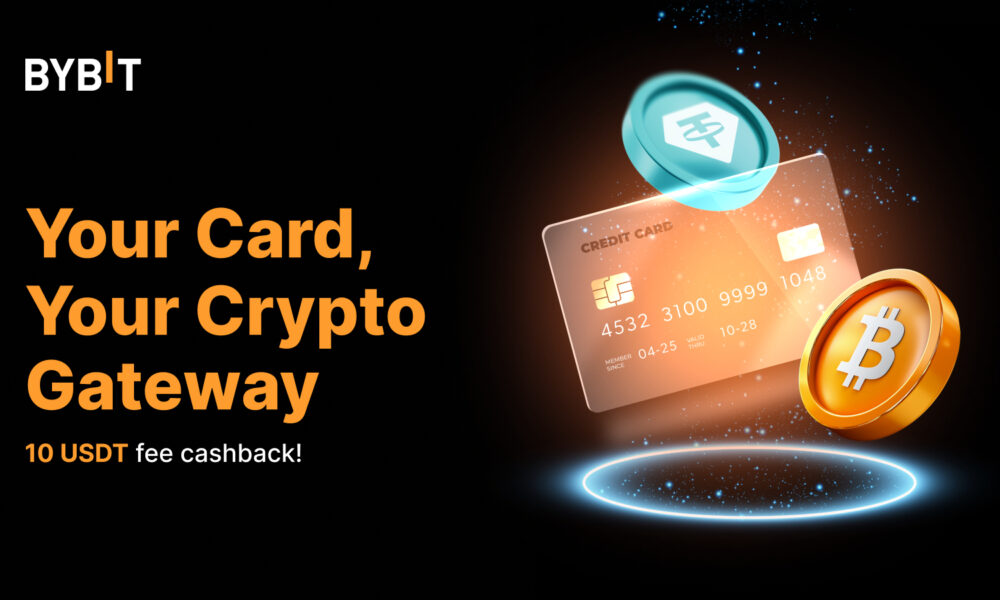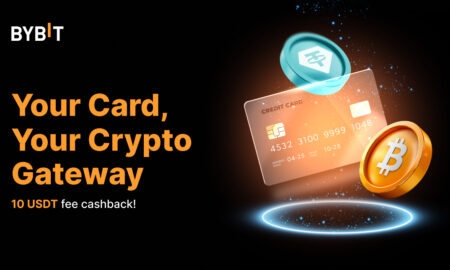Credit card generators have become popular tools among tech-savvy individuals, often used for creating valid-looking credit card numbers for various purposes. Whether it’s for testing online payment systems or for accessing certain online services, credit card generators are frequently discussed on various internet forums. However, their legality and ethical implications are often questioned.
In this article, we will thoroughly explore the legal aspects of using a Namso Gen, its potential uses, and the consequences of misuse. By the end of this article, you will have a clearer understanding of whether it is legal to use a credit card generator and what risks you might face by engaging in such activities.
What is a Credit Card Generator?
A credit card generator is an online tool that creates random credit card numbers, often mimicking the structure of valid credit card numbers. These tools generate numbers that look like they could be real credit card numbers, but they are not linked to any actual account.
Credit card generators typically produce a combination of numbers that follow the same format as real credit cards, including:
- A six-digit Issuer Identification Number (IIN)
- An account number
- A check digit (Luhn algorithm)
While these generated numbers may appear authentic, they do not have actual funding associated with them. These tools are sometimes used for testing purposes in software development, where developers need to simulate transactions without risking real funds. However, some users attempt to use these generated numbers for illegal activities, such as committing fraud or accessing services without paying.
Common Uses of Credit Card Generators
Before delving into the legal implications, it is important to understand the common uses of Namsogen:
1. Software Testing
Developers and testers often use credit card generators to test payment systems or other applications that require payment information. For example, an e-commerce platform may use generated credit card numbers to simulate transactions and check whether their payment gateway is functioning correctly.
2. Online Fraud (Illegal Use)
Unfortunately, some people use credit card generators for illegal purposes, such as attempting to bypass payment systems, commit fraud, or steal services. This is the most significant area of concern, as it directly involves violating financial institutions’ terms and conditions and committing criminal acts.
3. Verification of Payment Gateways
Some online merchants or service providers may use credit card generators to verify the functionality of their payment processing systems. This usage is often limited to authorized developers testing the system in a secure environment.
4. Accessing Free Trials
Another notorious use of credit card generators is to exploit free trials. Some users attempt to generate fake credit card numbers to access free trial periods of subscription-based services or software, hoping to avoid paying for the service once the trial expires.
5. Security Research
Security researchers sometimes use these generators to assess vulnerabilities in payment processing systems. In this context, the generated numbers are used in a controlled, ethical manner to ensure that payment systems are secure and resistant to attacks.
Is It Legal to Use a Credit Card Generator?
The legality of using a credit card generator is highly dependent on the intent and the manner in which it is used. Here are the primary considerations to keep in mind:
1. Using Credit Card Generators for Fraudulent Purposes
If you use a credit card generator for anything related to fraud, identity theft, or circumventing payment systems, you are violating multiple laws. This includes activities like:
- Stealing services or goods: Using a fake credit card to access services or products without paying is a form of theft.
- Identity theft: Some individuals try to use fake card details that mimic someone else’s information to impersonate them online.
- Fraudulent subscriptions: Exploiting free trials by using fake credit card details to avoid paying for a subscription after the trial period ends.
These activities are illegal and could result in serious legal consequences, such as:
- Criminal charges: Using fake credit card numbers for fraudulent purposes is a criminal offense in many countries. You could face charges for theft, fraud, or cybercrime.
- Fines and penalties: The penalties for using a fake credit card number for illegal activities may include hefty fines and restitution to the affected parties.
- Imprisonment: In severe cases, especially involving large-scale fraud or identity theft, individuals may face significant jail time.
2. Using Credit Card Generators for Testing Purposes
Using credit card generators for legitimate testing purposes is generally considered legal, provided it does not involve fraud. Developers and businesses often use these tools to:
- Test payment gateways
- Verify transaction handling systems
- Evaluate security measures
However, even in these cases, the use of generated credit card numbers should be restricted to testing environments and never used to conduct unauthorized or illegal activities. Misuse of these numbers could lead to significant security vulnerabilities or privacy issues.
3. Ethical Considerations
Even if using a credit card generator might not be explicitly illegal, there are still ethical considerations to keep in mind. For example:
- Respecting terms of service: Many online services specifically forbid using fake or generated payment information in their terms and conditions. Violating these terms can result in account suspension or banning.
- Harming other users: By exploiting loopholes or bypassing payment requirements, you are potentially harming other legitimate users who pay for the services.
4. Using Credit Card Generators for Personal Use
It is important to understand that using a credit card generator for personal use — such as accessing a free trial or avoiding payment for a subscription — is still illegal. Even though no physical money is involved, the action of bypassing a service’s payment system is still considered fraud.
5. Use for Educational or Research Purposes
If you are using credit card generators for educational or research purposes (such as studying payment systems or cybersecurity), ensure that the numbers are not misused or tested in a real-world scenario. Research should always be conducted in an ethical and legal environment, such as a simulated system or sandbox.
What Are the Risks of Using Credit Card Generators?
Whether for testing or illegal purposes, using a credit card generator comes with several risks:
1. Legal Consequences
As mentioned, using fake credit card numbers for fraud or to access unauthorized services can result in severe legal consequences. Criminal charges, fines, and even imprisonment are possible for individuals caught engaging in such activities.
2. Security and Privacy Risks
Using credit card generators from untrusted sources can expose you to significant cybersecurity risks, such as:
- Malware: Many websites offering credit card generators may contain malware or other harmful software designed to steal personal information or damage your system.
- Data theft: Some generators might ask for personal information or attempt to steal your data under the guise of providing a free service.
3. Damage to Reputation
If caught using Namso for fraudulent activities, your personal or business reputation can be severely damaged. Legal charges or violations of service terms can lead to loss of trust, career damage, and even long-term effects on your professional life.
4. Account Suspension
Online platforms that detect fraudulent activities will likely suspend or ban your accounts, leading to loss of access to services and resources that you might rely on. This can be particularly problematic for businesses that depend on digital services for operation.
Alternatives to Credit Card Generators
If you need to test payment systems or simulate transactions without engaging in illegal activities, there are ethical and legal alternatives to credit card generators:
- Sandbox Accounts: Many payment processors, such as PayPal and Stripe, offer sandbox environments where you can test transactions with fake accounts without involving real money.
- Virtual Credit Cards: Some banks and credit card companies provide virtual credit cards that can be used for secure online transactions. These cards are temporary and can be used for testing or small purchases without risking your primary card details.
- Test Cards Provided by Payment Processors: Some companies offer valid test card numbers for developers, which can be used to test payment gateways without engaging in any fraudulent behavior.
Conclusion
The legality of using a credit card generator depends heavily on the intent and context. If you are using a credit card generator for fraudulent purposes or to exploit systems without paying, then you are engaging in illegal activities and could face serious legal consequences. On the other hand, if you are using a generator for legitimate purposes, such as testing or research, and doing so in a secure and ethical environment, then it can be a legal and valuable tool.






























